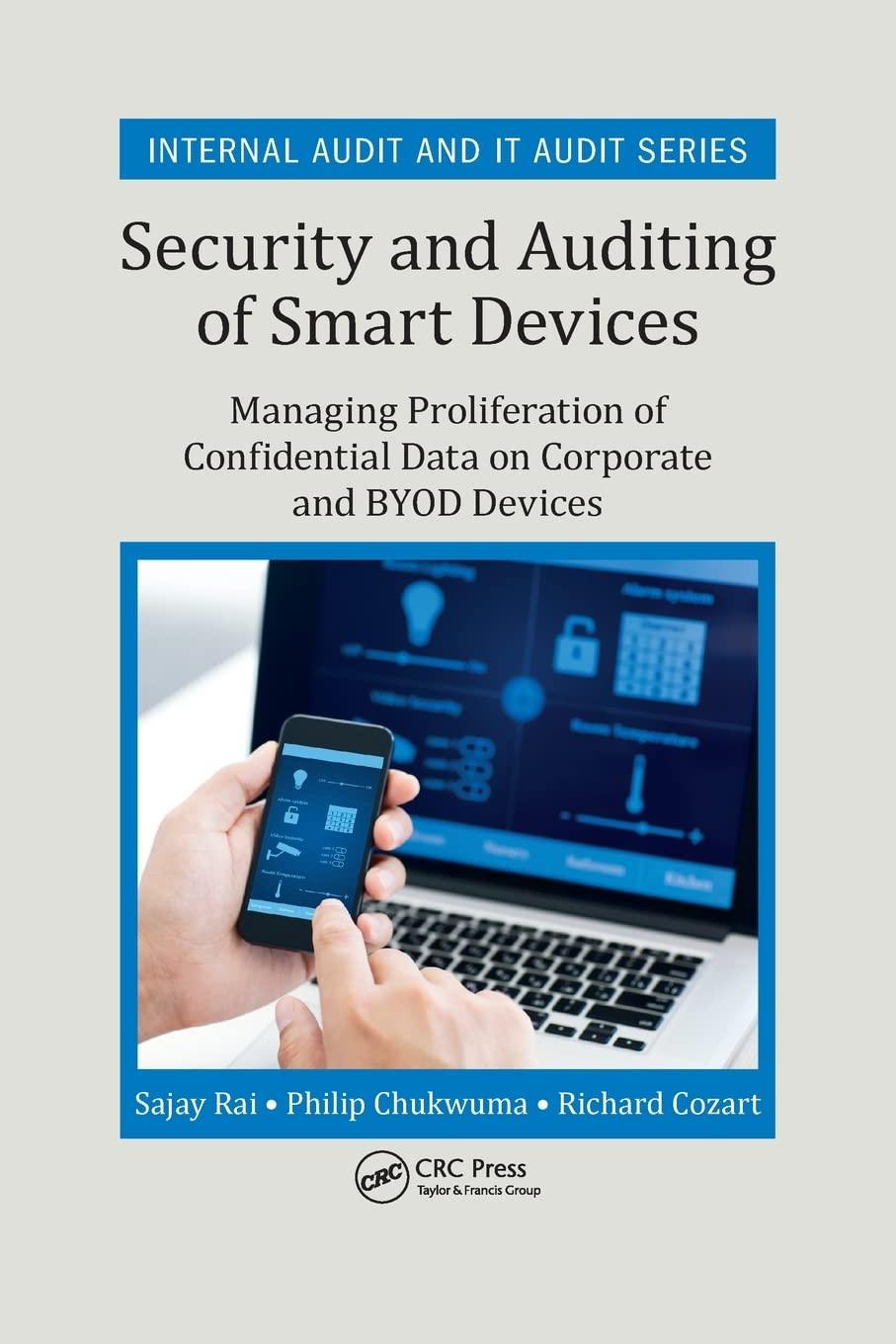The following letter was written several years ago (1994) in response to a WSJ article written by J.Carter Beese. Mr. Beese was a member of the SEC at the time. Read this short response to Mr. Beese and then answer the questions below. Your answer should be supported by references to the FASB conceptual framework. Your submission should contain at least 300 words. (Don't worry about details of stock options.) Information: Facts, data or knowledge gained from investigation. Propaganda: Spreading of ideas, information or allegations for the purpose of helping or injuring an institution or cause. Which is the proper role for corporate financial statements? Information vs. propaganda is at the heart of a question that has arisen in the current debate about accounting for stock options Should the Financial Accounting Standards Board back off from or modify a proposed accounting standard solely because some allege it would make it more costly or more difficult for some companies to raise capital or to attract and retain good employees? For example, on your Feb. 8, 1994 editorial page, SEC member J. Carter Beese Jr. wrote: .. the FASB is committed to rendering its final decision without regard to any of the social, economic or public policy considerations involved.. . Faced with these arguments the FASB's rebuttal is simple: When it comes to accounting principles, economic consequences be damned; the truth will set investors free. In all honesty, I find it hard to quarrel with the notion that "the truth will set investors free." That philosophy is consistent with the FASB's stated mission- "to establish and improve standards of financial accounting and reporting for the guidance and education of the public, including issuers, auditors and users of financial information." Moreover, that philosophy underlies the two principal federal securities acts that the SEC administers. Those acts require full and fair disclosure by issuers of publicly traded securities through registration of initial offerings followed by ongoing periodic reporting. The acts are often called the truth in securities" laws Truth in accounting means telling it like it is, without bias or intent to encourage any particular mode of behavior by the user of the information. It is on the neutrality of financial statements that Mr. Beese and the FASB appear to have a fundamental disagreement. The FASB does not accept the view that financial statements should color the image they communicate for the purpose of influencing behavior toward achieving some perceived social, economic or public policy goal. that are purposefully blased to direct capital to one segment of the economy over another can resuit in inefficiesnt Financial statements that are purposefully biased to direct capital to one segment of the economy over another can result in inefficient investment and credit decisions. Many worthy economic and social goals may be valid considerations for government policy, But influencing the allocation of capital to further those goals is not the role of accounting. Whose perceptions of sound social, economic or public policy goals would the FASB promote and whose would we reject? Should our conceptual framework and a consistent body of accounting standards sive way to "pork barrel" rule-making? In the stock compensation








